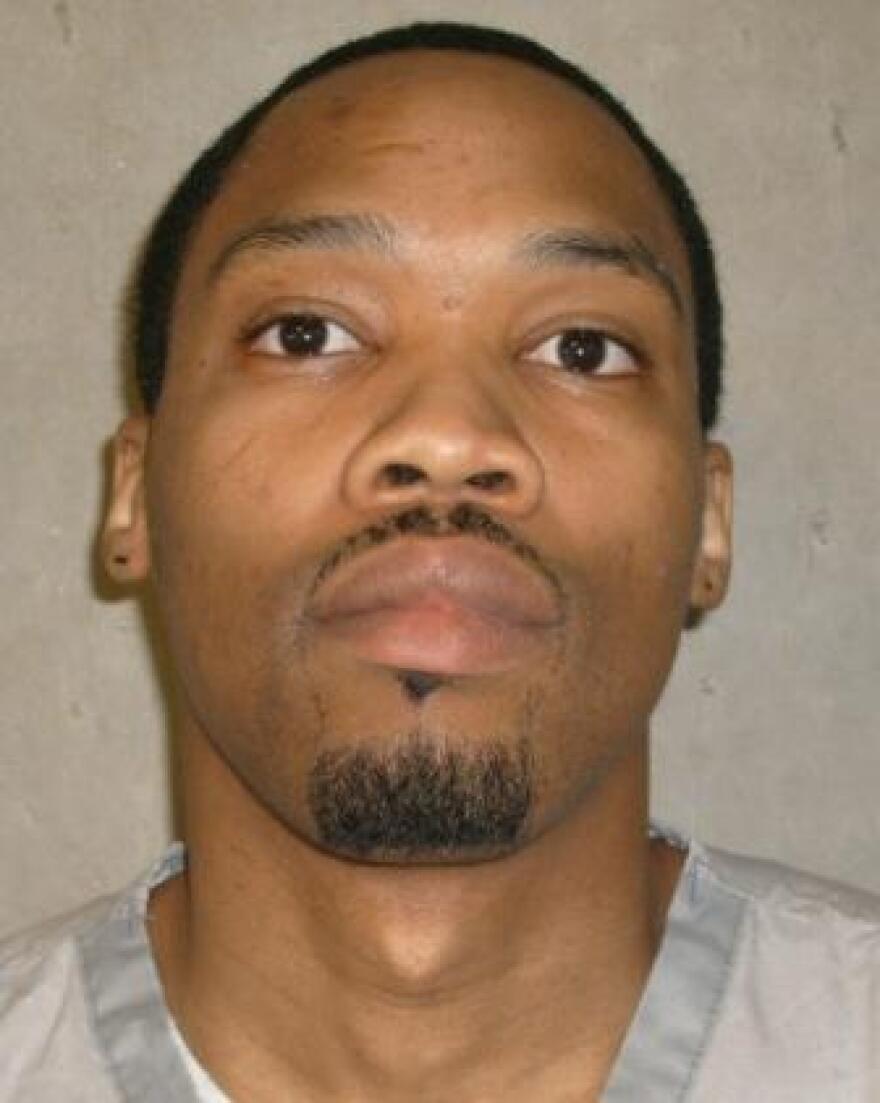
The Oklahoma Pardon and Parole Board voted to recommend clemency for Julius Jones Monday afternoon.
The board voted 3-1, with one recusal, to recommend clemency for Julius Jones, who was convicted of the shooting death of Paul Howell in 1999. They also voted to recommend Jones’ sentence be commuted to life with possibility of parole.
Adam Luck, Kelly Doyle and Larry Morris all voted for the recommendation, while Richard Smothermon voted against the recommendation. A fifth member of the board, Scott Williams, recused himself due to a professional relationship with an attorney speaking on Jones behalf.
Morris said his decision had less to do with whether Jones is guilty and more to do with concerns about unequal sentencing.
This recommendation will be given to Gov. Kevin Stitt, who will make the final decision.
The board recommended commutation for Jones in September, but Stitt said he would wait on making a final decision until after the clemency hearing.
Jones is the next death row inmate scheduled for execution in Oklahoma, on Nov. 18.
According to The Associated Press, the last time an Oklahoma governor granted clemency to a death row inmate was Brad Henry in 2010. Former Governor Mary Fallin denied three separate recommendations by the board for clemency for death row inmates.
Jones has maintained he is innocent of the crime, and his case has garnered national attention from criminal justice groups and celebrities.
A torturous history
Oklahoma's last several executions have been gruesome and filled with protocol violations.
Last week, in the state's first execution since 2015, John Grant convulsed and vomited repeatedly after being administered the three-drug cocktail.
Executions had been on pause in Oklahoma following the near-execution of Richard Glossip in 2015, and the botched lethal injections of Charles Warner in 2015 and Clayton Lockett in 2014.
Glossip was scheduled to die in September 2015. Then-Oklahoma Gov. Mary Fallin issued a last-minute stay of execution for Glossip when it was discovered the Department of Corrections received a shipment of potassium acetate instead of potassium chloride, as required in the state's execution protocol.
An autopsy report revealed the state used the wrong drug — again, potassium acetate — to execute Warner in January 2015. According to witnesses, Warner said, "It feels like acid," and "My body is on fire" while being given the three-drug cocktail.
Lockett's April 2014 execution was also botched. A report issued after his death found that after trying for 51 minutes to find a vein, a phlebotomist misplaced the IV line intended to deliver the lethal cocktail of drugs directly into Lockett's bloodstream. Instead, the cocktail was delivered to the surrounding tissue.
Lockett writhed on the gurney and mumbled before being pronounced dead 43 minutes after the procedure began. An investigation later revealed that the faulty insertion of the intravenous line and lack of training of the execution team contributed to the problems.
In January 2014, Oklahoma executed Michael Lee Wilson by lethal injection. Shortly after his execution started, Wilson's final words were, "I feel my whole body burning."







